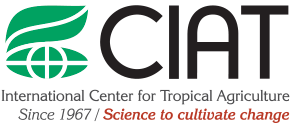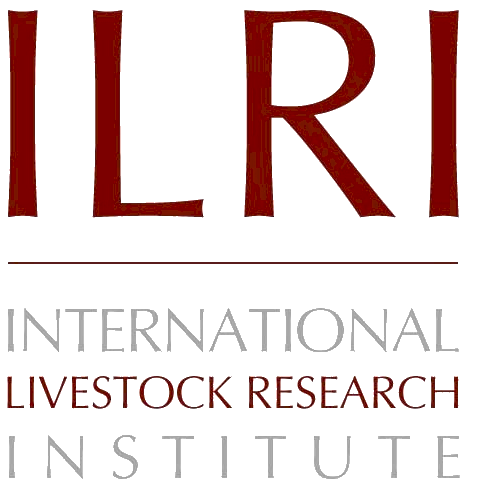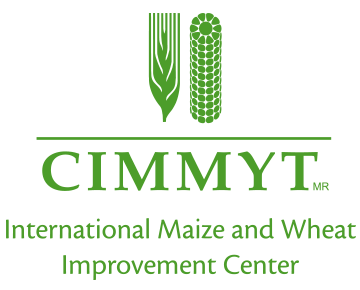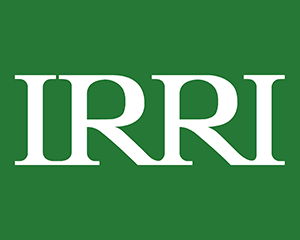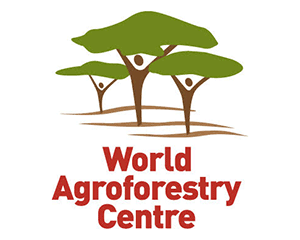Key messages
- About one-third of countries in Latin America express an intent to use agroforestry to meet national climate commitments.
- Despite this interest, technical and institutional barriers often prevent agroforestry from being represented and counted in United Nations Framework Convention on Climate Change (UNFCCC) MRV processes such as national greenhouse gas (GHG) inventories and REDD+.
- The fact that agroforestry often isn’t counted in MRV systems has serious implications. Only if agroforestry resources can be properly measured and reported will they gain access to finance and other support, and thereby assume a prominent role as a response to climate change.
- Countries in the Americas that have found ways to make agroforestry visible in MRV have coordinated institutional environments, improved technical capacity in land use classification and tracking, and developed programs such as NAMAs to direct attention and resources to the issue.
Also available in Spanish
Suber M, Wilkes A, Jallo C, Namoi N, Bulusu M, Rosenstock T. 2018. Making Trees Count in Latin America and the Caribbean: Measurement, reporting and verification (MRV) of agroforestry in the UNFCCC. Wageningen, The Netherlands: CGIAR Research Program on Climate Change, Agriculture and Food Security (CCAFS).


